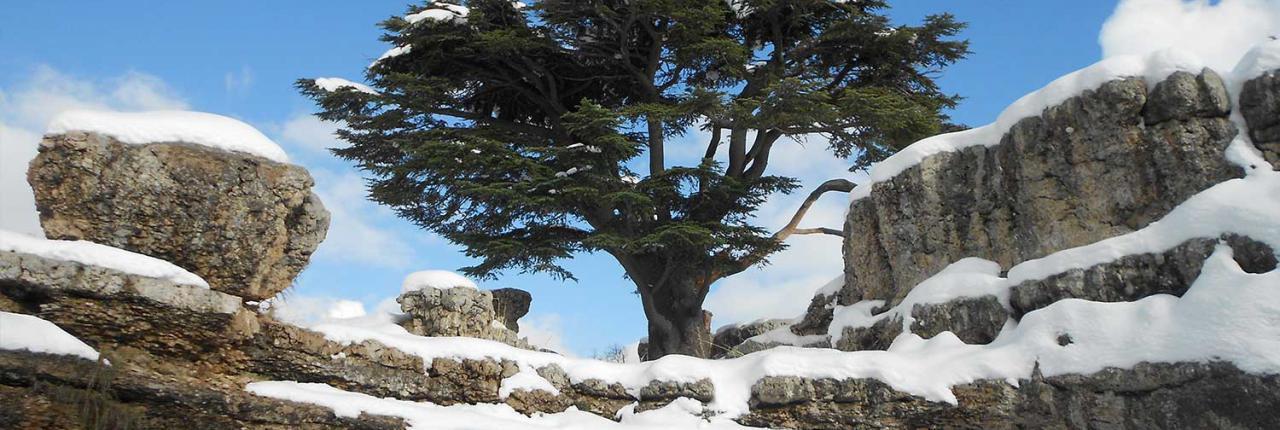
The Pine Project was officially titled the “Development of Skills and Tools for the Sustainable Management and Preservation of Forestry Resources and the Revitalization of Rural Communities in Syria and Lebanon”. It was funded by the Spanish Agency for International Development Cooperation, in partnership with the Ministry of Agriculture the Centre Technològic Forestal de Catalunya.
The project was designed to provide sustainable solutions for the management of Pinus brutia- the Pine Tree. It focused on the management of the Pinus Brutia forest in Lebanon, the second most abundant forest species. The project put into practice the establishment of sustainable forest management strategy through:
Generating new information on the forest and its available resources (data collection and inventories)
Developing decision-support tools (growth models)
Improving the capacities of the governmental entities (trainings and workshops)
Restoring the community interest in forest conservation.
Phase I from 2008-2009 concentrated on generating a successful growth model for the Pinus brutia as a decision support tool used by the Ministry of Agriculture for the sustainable management of the P. brutia forests. A socio-economic study focused on the three largest P. brutia forests in Lebanon to choose a pilot area for the application of the model subject of the project’s Phase II. Zgharta forest in Northern Lebanon proved to be the most suitable for the case study development due to the high involvement of the local community in the forest management and conservation.
Phase II began in 2009 and ended in 2011. It focused on improving the living conditions of the rural communities neighboring the forest of Zgharta through the economic development of the pine forest while sustainably managing its resources. The objectives of the project were:
To generate new knowledge on the composition, structure, functioning and dynamics of the forest systems of Syria and Lebanon by means of the application of modern skills of inventory and forest modeling
To strengthen and improve the capacities of the forest administrations to better respond to existing challenges of forest planning and management in Syria, Lebanon and the Mediterranean region in general
To develop support tools for forest management in Syria and Lebanon in two pilot areas
To contribute to the promotion of pilot areas of Syria and Lebanon as demonstrative examples by integrating them within the Model Forest Network
To sensitize rural populations on the importance of forest resources conservation and their management and sustainable use.
This project was very large and included activities focusing on scientific research and data development, as well as socio-economic activities related to the promotion of sustainable forest management, such as capacity development and job opportunities for youth around tourism and environment. It was a dynamic project that aimed to improve not only the environment but the livelihood and training of the people surrounding the forests for long term, sustainable change.